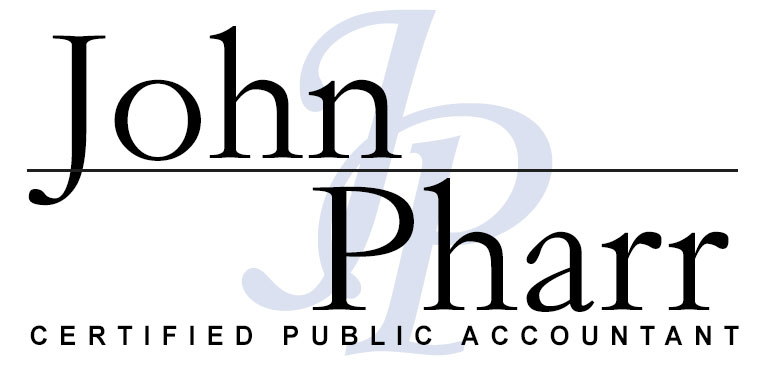Generation Gap: Who’s Actually Saving Enough for Retirement?
A new study delves into the evolving landscape of retirement planning in the United States, shedding light on the widening gap between individuals’ perceived retirement needs and their actual savings.
The study, conducted by Northwestern Mutual, reveals a stark reality: while the typical American believes they need approximately $1.5 million for a comfortable retirement, the actual average savings fall far short at $88,400. This disparity, which has increased by 16% since the previous year, underscores the mounting challenges facing Americans as they grapple with longer life expectancies and the potential strain on Social Security benefits.
Notably, different generations exhibit varying perspectives on retirement finances. Gen Z and millennials set the highest bar for retirement savings, envisioning a need for over $1.6 million, followed closely by Gen X. Surprisingly, baby boomers, the generation closest to retirement, set a comparatively lower target at $990,000, reflecting perhaps a more realistic assessment of their financial needs and life expectancies.
Examining the current state of retirement accounts by generation paints a daunting picture. The average savings are meager across the board: $22,800 for Gen Z, $62,600 for millennials, $108,600 for Gen X, and $120,300 for boomers.
Addressing this substantial shortfall requires proactive measures, such as advanced tax planning. Many individuals may not fully comprehend the tax implications of their retirement savings, particularly regarding withdrawals from traditional 401(k) accounts, which can incur significant tax burdens in retirement.
Northwestern Mutual’s study reveals that only 30% of Americans surveyed have a plan in place to minimize taxes on retirement income. Among these, strategic withdrawals from different types of retirement accounts, such as traditional tax-deferred and after-tax Roth accounts, emerge as a viable strategy to mitigate tax liabilities and sustain a lower tax bracket in retirement.
Overall, the findings underscore the urgent need for individuals to reassess their retirement strategies, adopt disciplined saving habits, and explore tax-efficient approaches to bridge the widening gap between retirement aspirations and financial realities. The insights gained from Northwestern Mutual’s 2024 Planning & Progress Study serve as a wake-up call, prompting individuals to take proactive steps towards securing a financially stable retirement.
PharrCPA
It’s clear that planning for retirement requires careful consideration and expert guidance. Pharr CPA offers specialized expertise in retirement planning and tax optimization, making us the ideal partner to help navigate these complex financial landscapes.
By reaching out to Pharr CPA, individuals can benefit from personalized consultations tailored to their unique financial goals and circumstances. Whether you’re just beginning to plan for retirement or seeking to optimize your existing retirement strategy, Pharr CPA’s team of experts can provide invaluable insights and strategies to maximize your retirement savings and minimize tax liabilities.
Take proactive steps towards securing your financial future by contacting Pharr CPA today and setting yourself on the path to a comfortable and worry-free retirement.




